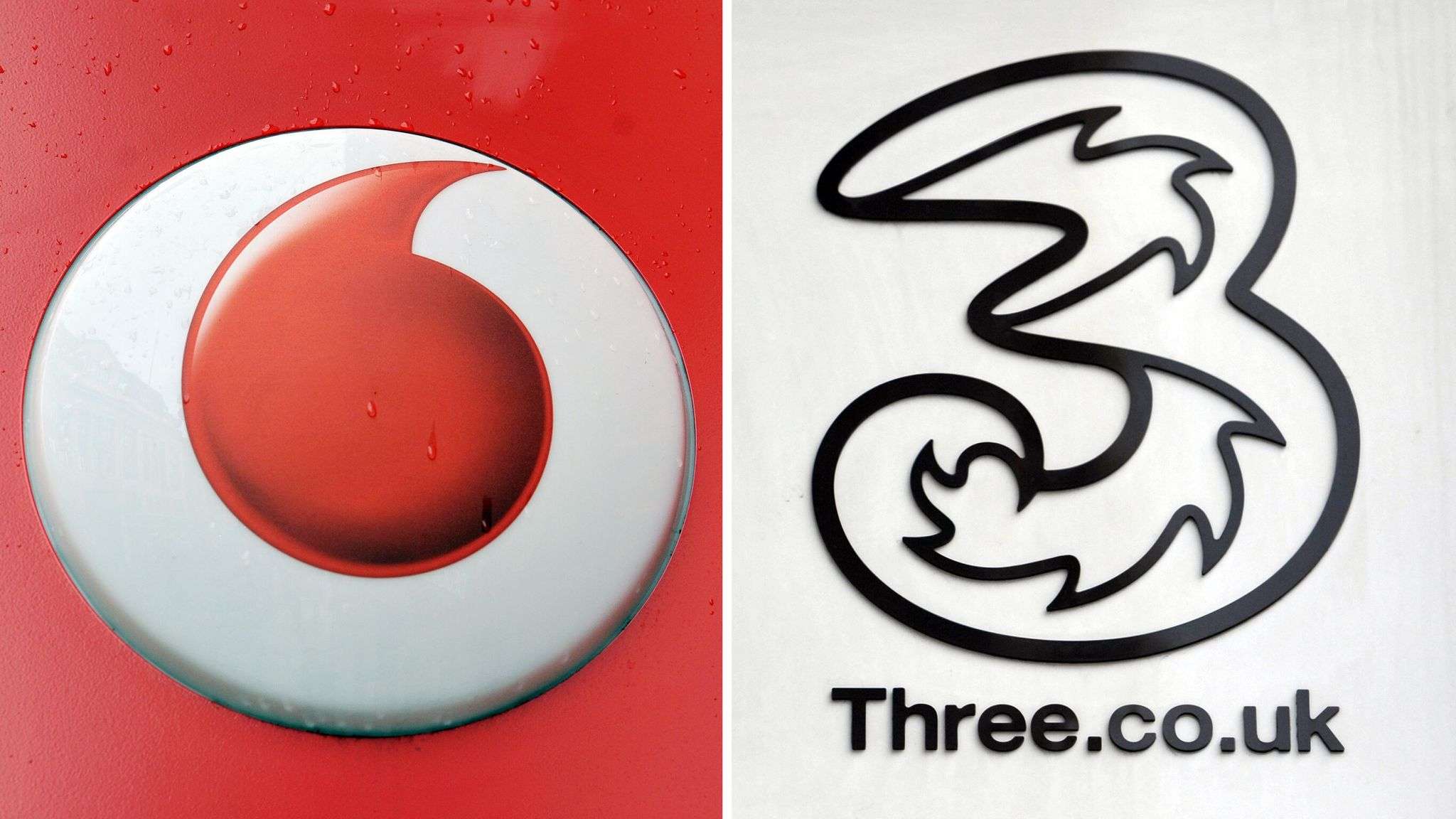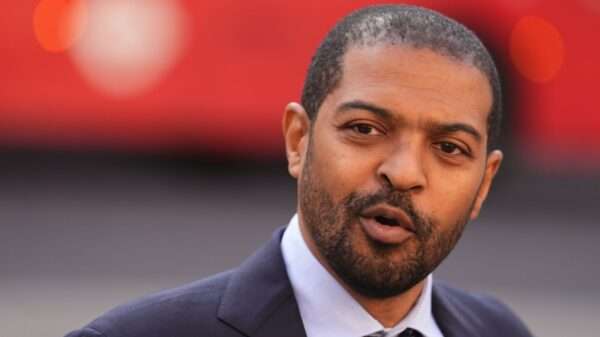Robert Finnegan, the chief executive of Three, has expressed sharp criticism of the UK’s mobile network, labeling the current signal coverage and speeds as “abysmal.” These comments come at a critical time as Finnegan is urging competition regulators to approve a proposed £15 billion merger between Three and its rival Vodafone.
In his remarks, Finnegan did not hold back in highlighting the inadequacies of the UK’s mobile infrastructure. He pointed to the fact that despite significant advancements in mobile technology globally, the UK continues to lag behind in providing reliable and fast mobile services to its consumers. According to Finnegan, this subpar performance is not only frustrating for users but also detrimental to the UK’s position in a highly competitive global market.
Finnegan’s critique is closely tied to the ongoing discussions around the potential merger between Three and Vodafone. He argues that the merger is essential for improving the UK’s mobile services, as it would create a more robust network capable of delivering better coverage and faster speeds. The combined resources of the two companies, Finnegan suggests, would allow for greater investment in infrastructure, which is crucial for addressing the current shortcomings in the UK’s mobile network.
The merger, which has been met with scrutiny from competition regulators, would represent a significant consolidation in the UK mobile market, reducing the number of major players from four to three. Critics of the merger have raised concerns about reduced competition and potential negative impacts on consumer choice and prices. However, Finnegan has countered these concerns by emphasizing the benefits that a stronger, more efficient network would bring to consumers.
Finnegan also noted that other countries with more consolidated mobile markets have seen better outcomes in terms of service quality and innovation. He pointed to examples from Europe and Asia, where fewer but larger operators have been able to invest more effectively in network infrastructure, resulting in better services for consumers. In contrast, the fragmented nature of the UK market has, in his view, hampered similar progress.
The chief executive’s comments are part of a broader campaign to sway public and regulatory opinion in favor of the merger. He has been vocal about the need for the UK to catch up with other nations in terms of mobile technology, and he sees the merger as a necessary step towards achieving this goal. Finnegan believes that without such a move, the UK risks falling even further behind in the global digital economy, which would have long-term consequences for the country’s competitiveness and innovation capacity.
As the debate over the merger continues, Finnegan’s remarks have added fuel to the discussion about the future of the UK’s mobile network. His sharp critique of the current state of affairs underscores the challenges facing the UK in this area and the high stakes involved in the decision over whether to approve the merger. The outcome of this decision will likely have a significant impact on the future direction of the UK’s mobile network and its ability to compete on a global stage.















































